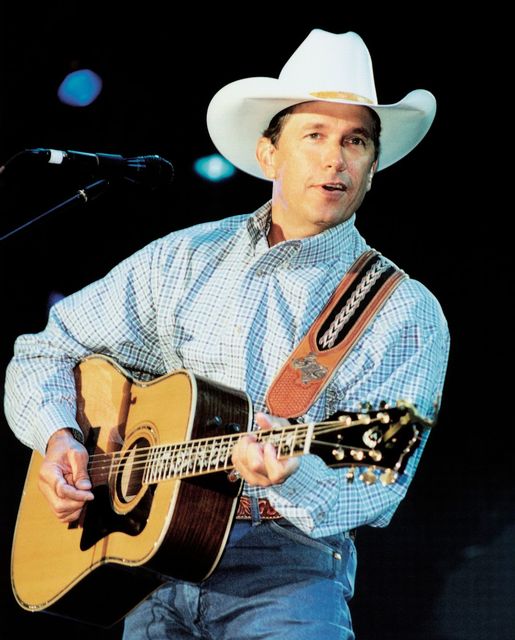Murder On Music Row – George Strait & Alan Jackson


Introduction
There’s a certain magic when two legends of country music come together to make a statement. I remember the first time I heard “Murder on Music Row” by George Strait and Alan Jackson. It felt like a wake-up call, a powerful reminder of the changing tides in the music industry. The song’s honesty and directness struck a chord with many, resonating deeply with fans who felt that traditional country music was being overshadowed by more commercial sounds.
About The Composition
- Title: Murder on Music Row
- Composers: Larry Cordle and Larry Shell
- Premiere Date: Originally released by Larry Cordle & Lonesome Standard Time in 1999; Covered by George Strait and Alan Jackson in 2000
- Album: George Strait’s “Latest Greatest Straitest Hits” (2000)
- Genre: Country
Background
“Murder on Music Row” is a heartfelt lament about the decline of traditional country music in favor of more commercially viable styles. Written by Larry Cordle and Larry Shell, the song was first recorded by Larry Cordle & Lonesome Standard Time in 1999. However, it gained widespread attention and acclaim when George Strait and Alan Jackson covered it in 2000. The song criticizes the music industry’s shift away from its roots, symbolizing the “murder” of classic country music on Nashville’s famous Music Row. The reception was mixed—fans of traditional country praised it for its honesty, while others saw it as a critique of the evolving genre.
Musical Style
The musical style of “Murder on Music Row” is quintessentially country, featuring a straightforward arrangement with prominent acoustic guitars, fiddle, and steel guitar. These elements create a nostalgic sound that harkens back to the golden age of country music. The song’s structure is simple yet effective, allowing the poignant lyrics to take center stage. The harmonies between George Strait and Alan Jackson add depth and authenticity, reinforcing the song’s message.
Lyrics Analysis
The lyrics of “Murder on Music Row” tell a story of betrayal and loss, painting a vivid picture of how traditional country music has been pushed aside. Phrases like “They even tell the Possum to pack up and go back home” reference iconic country artists, underscoring the sense of displacement felt by traditionalists. The song’s chorus is a powerful indictment of the industry’s direction, lamenting how “the steel guitars no longer cry and you can’t hear fiddles play.” This lyrical narrative is a passionate plea for the preservation of country music’s heritage.
Performance History
George Strait and Alan Jackson’s performance of “Murder on Music Row” at the 2000 Country Music Association Awards is one of the most notable renditions of the song. Their collaboration brought the song to a wider audience, earning them the CMA Award for Vocal Event of the Year. The song has since been performed by various artists who share the sentiment of preserving traditional country music.
Cultural Impact
“Murder on Music Row” has become an anthem for traditional country music fans, symbolizing the struggle to maintain the genre’s roots in the face of commercial pressures. The song’s impact extends beyond its initial release, continuing to inspire debates about the direction of country music. It has been referenced in numerous discussions about the genre’s evolution and remains a touchstone for those advocating for the preservation of its heritage.
Legacy
The enduring importance of “Murder on Music Row” lies in its unflinching critique of the music industry’s shift away from its roots. It serves as both a reminder of what has been lost and a call to action to preserve traditional country music. The song’s relevance persists today, resonating with new generations of country music fans and artists who value authenticity and tradition.
Conclusion
“Murder on Music Row” is more than just a song; it’s a powerful statement about the preservation of cultural heritage in music. Its message continues to resonate, reminding us of the importance of staying true to our roots. I encourage you to listen to this poignant piece, especially the rendition by George Strait and Alan Jackson, to fully appreciate its significance. Their performance captures the essence of what makes country music special, and it’s a must-listen for any fan of the genre.